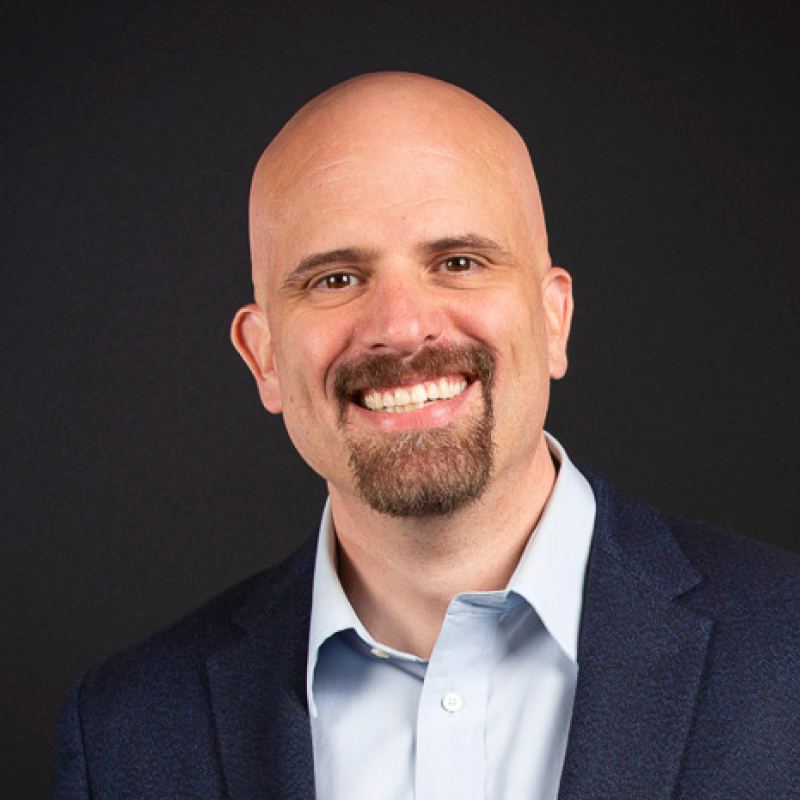Policy Response of ICLE, First Proposal on Copyright Reform, House Judiciary Committee
Summary
“Given the importance of copyright protection to the US national interest, including from an economic, political and social perspective (on which, please see our response to the Register’s request for comments, attached), we strongly agree with the proposal set forth by the Committee to reform the Copyright Office.
First, we agree with the Committee that in order to best advance the interests of the United States — “to meet the needs of a modern 21st Century copyright system” — the Copyright Office should be established as a stand-alone office in the legislative branch, and that the Register be nominated and subject to confirmation by Congress. As will undoubtedly be articulated in other submissions, the establishment of the Copyright Office within the Library of Congress was largely an accident of history related to the deposit of copies and the Library collection. But there is little reason to continue the status quo in an environment of constant change when it no longer best serves the interests of the nation. For much of our history, while there may have been the potential for some conflict between the objectives of the Library and those of the Copyright Office, they tended to be minimal, and largely to be avoided by the Library’s general deference to the Copyright Office in matters affecting copyright policy.
As will undoubtedly be articulated in other submissions, the establishment of the Copyright Office within the Library of Congress was largely an accident of history
related to the deposit of copies and the Library collection. But there is little reason to continue the status quo in an environment of constant change when it no longer best serves the interests of the nation. For much of our history, while there may have been the potential for some conflict between the objectives of the Library and those of the Copyright Office, they tended to be minimal, and largely to be avoided by the Library’s general deference to the Copyright Office in matters affecting copyright policy.
In the current digital environment, however, the intersections and points of conflict between Library priorities focused on preservation and access, and Copyright Office priorities of encouraging and protecting creativity, have grown more frequent and more fundamental….”







